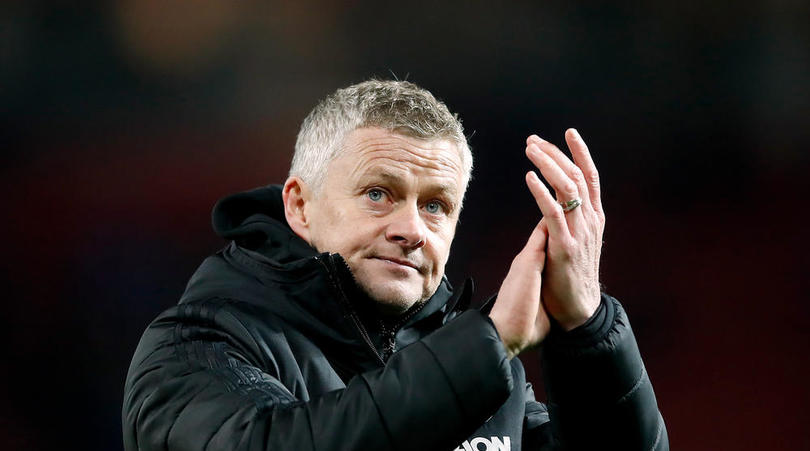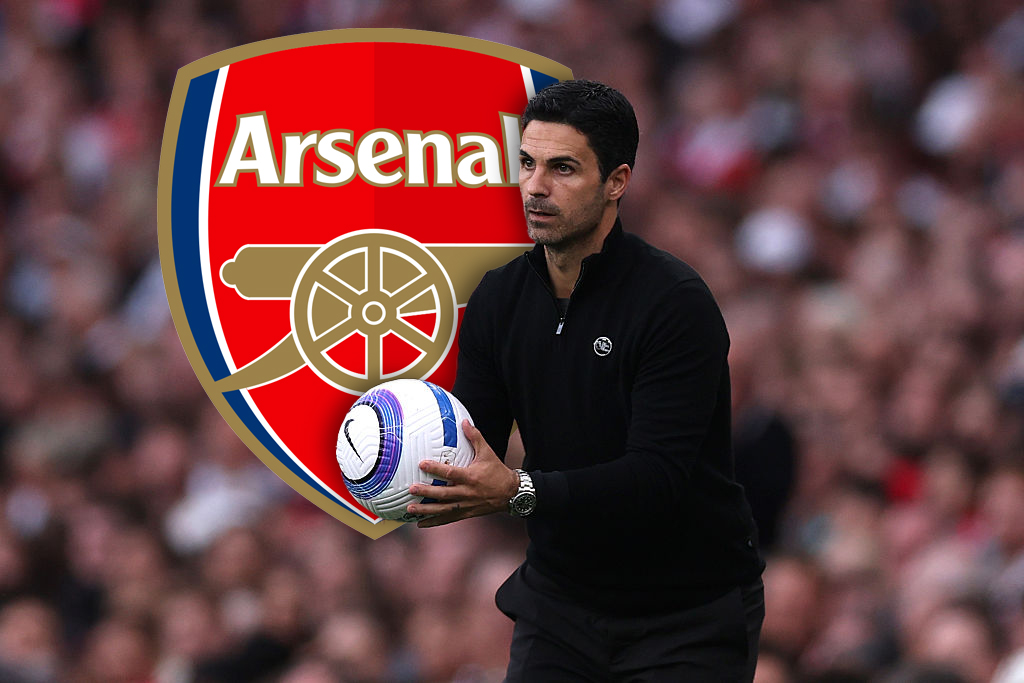Could Champions League failure spell the end for Ole Gunnar Solskjaer's time in charge of Manchester United?
Solskjaer's side crashed out in the group stage of the Champions League last year - and Manchester United have started the competition poorly this time around

Ole Gunnar Solskjaer may not owe his position to one injury-time Champions League goal as much as three.
The hero of 1999, the man whose goal rendered Manchester United European Cup winners for the first time since 1968, benefited from Teddy Sheringham’s slightly earlier equaliser before his still more dramatic decider against Bayern Munich. Twenty years on, Marcus Rashford’s stoppage-time penalty clinched a comeback against Paris Saint-Germain in the Parc des Princes.
The caretaker manager Solskjaer had thrown on a 17-year-old debutant, Mason Greenwood, and a 19-year-old Tahith Chong as substitutes. He seemed to possess a managerial magic. An earlier United academy product, Gary Neville, asked him: “Where do you want your statue?”
It feels a less pressing issue now. It may be both an exaggeration and very premature to say the Champions League got Solskjaer the manager’s job at Old Trafford and it will cost him it. Yet a wretched record was flagged up a fortnight ago when defeat to Young Boys of Bern left him with seven losses in 11 games. It means Solskjaer has lost 63 percent of his games as United manager in the competition, whereas Sir Alex Ferguson lost only 20 percent of his.
Comparisons highlight the sense he has underachieved. Over the period from Solskjaer’s (initially interim) appointment to the first European matchday this season, Chelsea lost four of their 22 Champions League games, Liverpool six in 26 and Manchester City three in 27. Two of them won the trophy and the third reached the final.
Pep Guardiola was already a Champions League-winning manager and now Jurgen Klopp and Thomas Tuchel also are; no competition is a perfect barometer of managerial skill, and few would argue Roberto Di Matteo is one of the all-time greats, but the Champions League comes closer than most and the Norwegian’s United are the only English club since Tottenham in 2016-17 to go out in the group stages.
Check out the Manchester United 2021/22 range here
Get FourFourTwo Newsletter
The best features, fun and footballing quizzes, straight to your inbox every week.
And the contrast with his peers may underline the impression that Solskjaer is not a top-class manager and is the odd man out at the helm of the Premier League’s big four.
There is a case for arguing that the unflattering figures can be a little deceptive, even if the achievement of reaching a Europa League final in the meantime meant rather less when United underperformed against Villarreal in May. The vagaries of the draw meant eight of those 11 Champions League games came against Barcelona, Paris Saint-Germain or a Leipzig side who had been semi-finalists the previous season; the damning part is that United lost two of the three others to minnows Young Boys and Istanbul Basaksehir, both in farcical fashion.
There has been a boom-or-bust nature to United’s results, with no draws. Solskjaer can cite three major wins against more celebrated managers, twice defeating Tuchel’s PSG in Paris and thumping Julian Nagelsmann’s Leipzig 5-0. United’s return of 19 goals in those 11 games feels healthy; the problem is that almost half of them came in two home fixtures. Likewise, being the fourth highest scorers in last season’s group stages was a bittersweet feat when it brought elimination, just as registering eight Europa League semi-finals goals against Roma did not yield a trophy.
But the manner of the more recent defeats lends itself to criticism. The sight of the 35-year-old Demba Ba lumbering forward unopposed from the half-way line after United unaccountably sent everyone forward for a corner in Turkey made them look amateurish. The 2020 home loss to PSG came when Solskjaer failed to notice Fred was a red card waiting to happen and opted not to substitute him. The defeat in Leipzig came courtesy of a shambolic start and meant that a team who only required one point from their last two games could not secure it.
Then came the setback in Switzerland: if Aaron Wan-Bissaka’s needless red card and Jesse Lingard’s dreadful backpass showed a self-destructive streak, Solskjaer’s substitutions backfired and, as against Basaksehir, United lost to a team with a fraction of their budget. Over a 38-game Premier League campaign, embarrassing upsets such as January’s home defeat to Sheffield United can feel like aberrations that do not cost United Champions League football; in a six-match group, they can. One early exit may feel an isolated aberration, but two feels part of a pattern.
The last Premier League manager to oversee back-to-back group-stage departures was Roberto Mancini, who felt on borrowed time thereafter. Unless Solskjaer can improve his record in the most prestigious club competition, the danger for him is that United’s beloved Champions League winner becomes its greatest loser, that the arena that made him then breaks him.
Subscribe to FourFourTwo today and get three issues delivered for just £3. The offer ends October 17, 2021.
Restock your kit bag with the best deals for footballers on Amazon right now
READ NEXT
RANKED! Every Premier League kit this season from worst to best
GUIDE FIFA 22 news: Pre-order now – plus release date, cover, trailer and everything else we know so far
Richard Jolly also writes for the National, the Guardian, the Observer, the Straits Times, the Independent, Sporting Life, Football 365 and the Blizzard. He has written for the FourFourTwo website since 2018 and for the magazine in the 1990s and the 2020s, but not in between. He has covered 1500+ games and remembers a disturbing number of the 0-0 draws.


